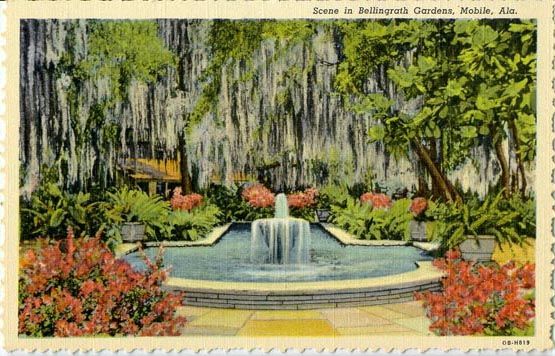
Editor’s Note: In an effort to “explore what is true and valuable
in the Southern tradition,” we offer an explanation of what it “meant
to be a Southerner” in 1958. This raises the questions of what has and
has not changed in the South and if themes in this essay can still be
applied to the twenty-first century Southerner.
This essay was originally published in the Fall 1958 edition of Modern Age and is reprinted here with permission.
It is apparent to many people that the South is today the one last stronghold of regional consciousness in the United States: the only portion of the country which can be said to have distinctive ways of looking at things—whether social, political, economic, or religious—and to speak with anything like one voice, anything like unanimity of opinion in the expression of those attitudes. Few bother to ask what the West will think about some new civil rights bill in Congress, or to consider the effect of a new pronouncement from the Vatican on the churches of New England. But the South remains an entity, however poorly defined in the minds of most Americans. For some of them it is a land of sudden and inexplicable violence, hot passionate hatreds which sometimes cool down enough to be called simply prejudices, a region fiercely zealous for what it calls its rights, brooking no interference from either secular or religious authorities.

No comments:
Post a Comment